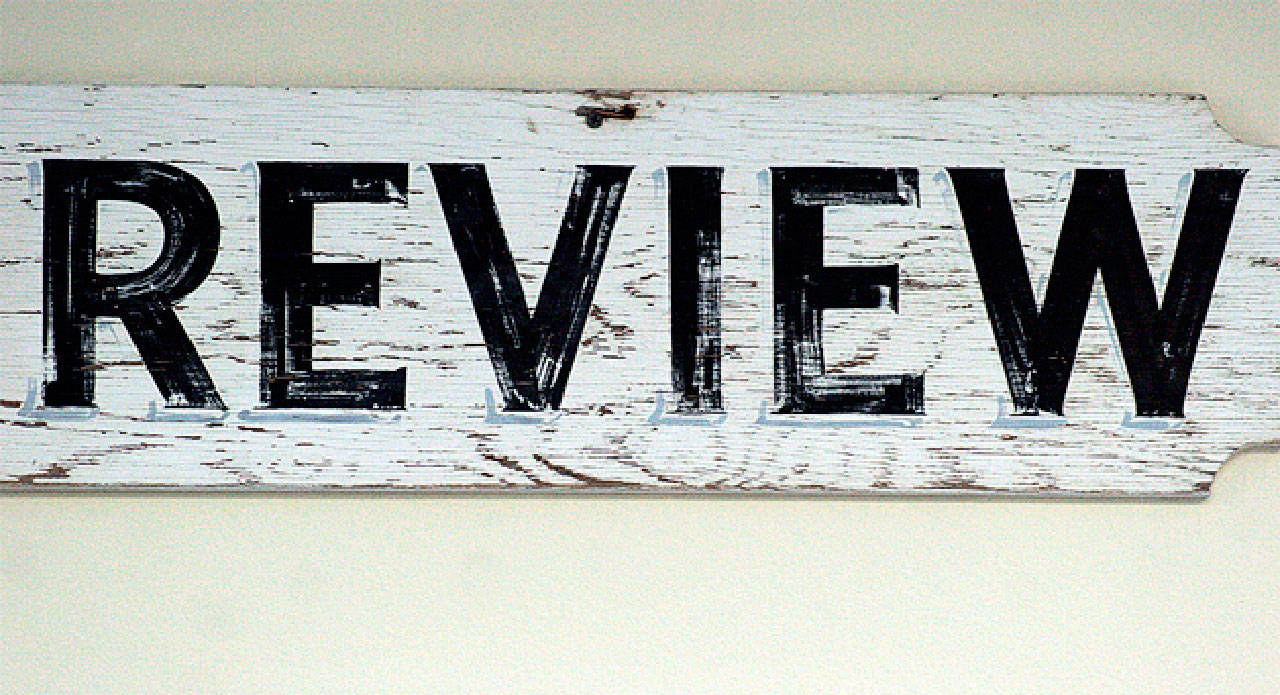VOICES FROM THE FRONT LINE: Three student testimonials from Bainbridge High students recount the authors’ experiences of enduring several lockdowns, and call for increased campus security measures. Students at Bainbridge and Eagle Harbor high schools will join a nationwide youth campaign to raise awareness and prompt police change Wednesday, March 14.
Finn Tait offers the second of three testimonials.
So listen, I was born on April 20, 1999, the same day as the Columbine shooting. I grew up in a world where it was normal for kids to practice hiding behind desks, blacking out windows, protecting themselves with anything that was on hand. I think the drills started in elementary school, we were too young to really understand what they were for, some bad thing we thought. They were just an excuse to get out of our time tables and reading practice. As I grew I watched the news, read the paper, and I learned what those drills were for more than those times tables and reading practice I missed. When we did drills in high school we laughed, tense, high, more like whining dogs than happy children. We knew now what the bad thing was, each other, armed with things that could not be stopped by staplers and table tops. My mother told me the story of watching the news before we, my twin sister and I, were born. She told us how the TV could tell her what happened, but she didn’t know what this would mean for us.
We know what it means for us now, it means this: when I was a sophomore I left my math class early for lunch. My sister had the same lunch and we were going to eat together in the cafeteria. I walked there with a friend, a freshman, who had started high school not month’s before. We walked into the cafeteria, down the big double stairs, when a voice crackled over the intercom. We couldn’t make out what she was saying, ‘return to your classes’ maybe, but it was lunch. Kids were slow to move, turning and looking to each other, “what’s wrong?” we asked. We had never had drills at lunch, shooters didn’t exist in the vaulted ceiling and crowded seats full of the smell of cheap public-school food.
The voice came again, the same one that spoke to us every morning with the announcements, telling us to stay calm, this wasn’t a drill, to return to any classroom immediately. We only knew drills, if this wasn’t a drill, what could we do? Children began running, streaming past me and my friend up the stairs and towards the library, a glass box encased on all sides by windows. Easily pierced by bullets. My friend and I turned to follow them, swept along by the tide of students, ahead of me I could see my sister. I shouted, trying to call her away from the stream of kids heading to the library where they could be picked off like fish in a barrel, easily shot. She did not hear me.
I grabbed my friend instead, dragging her up the stairs beside me. I read somewhere school shooters rarely climb stairs. On the second floor the language classes had already locked their doors, to them we were all the shooter. My friend and I saw a door open, we ran, pulled inside by my tenth grade English teacher before she locked the door. Every desk was taken, every stapler armed, my friend and I huddled by the wall, frantically texting our loved ones. No one knew anything; a shooter had been spotted outside the lunch room, but no shots were fired. ‘Yet’ hung in the air like a guillotine. We waited for two long hours for it to fall. when the all clear was called students cried, we huddled together and hugged each other, life felt like the lucky flip of a coin. Today was another drill. We were expected to go back to class, we were lucky and alive. For the next week and a half, whenever the intercom came on I braced for another drill, scared to go into the lunchroom at eat, but I was lucky.
The second time the intercom came to us with the news that a gun had nosed its way onto campus in the hands of one of our fellow students was on a Thursday a little less than two years later. I huddled on the floor of my creative writing class and felt the coin flip over and over in my gut, would we be lucky again? In the drills, they tell us not to use our phones. Don’t text, snapchat, tweet, nothing.
But that’s all we have, a thin cyber shield telling us what is happening, where, to who. It could be all my family have to know how and why I died. I tweeted that I wanted my death to be used, politicize it, make it matter. A last will of resistance to a fear I held all my life. Around me kids told each other to stay calm, asked where the shooter was, soothed each other’s panicked breathes through the wireless. When the all clear was called, I didn’t feel as lucky.
I turn 19 in a few short months, and I graduate from high school in a handful after that and all I can think is that that is plenty of time, plenty of time to be unlucky. Nothing has changed since the day I was born, I can only hope that something will change so that the children who grew up with drills and desks and staplers shoved between them and the true, lethal, steely problem can live to see its solution.
– Finn Tait, 12th Grade



